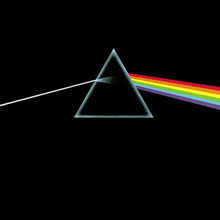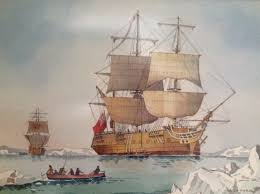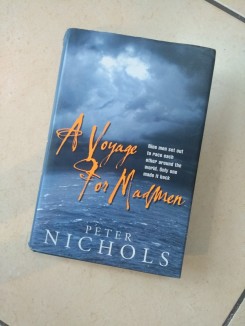Review: The Man Without Qualities by Robert Musil
Rating: 10/10 (or less if you take Richard’s 100-Page Rule™ into account)
My first shot at TMWQ was about twenty years ago. Fifty pages into it I knew it was my kind of book. One hundred pages in and I was losing my way. I put it aside for later. Returning to it a couple of years later, the experience was identical. And the patern continued again and again with the passage of time; each times I abandoned it, but not definitively. I had the feeling it was a book that could please me a lot. Here’s a revealing line from it:
one thing … could safely be said about Ulrich: he loved mathematics because of the kind of people who could not endure it.
Eventually I read (most of) it. After 800 pages, I abandoned again. I will restart and finish it. Despite my failures it it an amazing piece of work but it needs attention and if that lapses, you’re back to square one.
So how was it? Great, amusing, provocative, ironic, rambling and dull by turns. The English, presumably consistently with the original German, is beautiful but not exactly vernacular. I found myself reading passages from it to friends and family. Here’s the kind of thing I liked, reminding me of the inanity of corporate life and illustrating that the early 21st century was as stuck in a rut as the early 20th:
In his work he found anew day by day the contentment that solid achievement leaves in its wake, and what foreign observers beheld in his countenance was the beaming serenity that comes from operations proceeding in good order. Department One sent a memorandum; Department Two replied; when Department One had been notified of Department One’s reply, it was usually advisable to suggest talking it over in person, and when an agreement had been reached in this fashion, it was decided that nothing could be done about the matter; and so there was always something to do. In addition there were those thousand minor considerations that must not be overlooked. After all, one was always working hand in hand with all the various ministries; one did not want to give offence to the Church; one had to take account of certain persons and social considerations; in short, even on those days when one wasn’t doing anything in particular, there were so many things one had to guard against doing that one had the sense of being kept frantically busy at all times.
Or, as retirement hovered enticingly on the horizon:
Perhaps one could say on his behalf that at a certain age life begins to run away with incredible speed. But the day when one must begin to live out one’s final will,  before leaving the rest behind, lies far ahead and cannot be postponed. This had become menacingly clear to him now that almost six months had gone by and nothing had changed. He was waiting: all the time, he was letting himself be pushed this way and that in the insignificant silly activity he had taken on, talking, gladly talking too much, living with the desperate tenacity of a fisherman casting his nets into an empty river, while he was doing nothing that had anything to do with the person he after all signified; deliberately doing nothing; he was waiting. He waited … and his quiet desperation … rose higher every day. He felt himself to be in the worst crisis of his life and despised himself for what he had left undone.
before leaving the rest behind, lies far ahead and cannot be postponed. This had become menacingly clear to him now that almost six months had gone by and nothing had changed. He was waiting: all the time, he was letting himself be pushed this way and that in the insignificant silly activity he had taken on, talking, gladly talking too much, living with the desperate tenacity of a fisherman casting his nets into an empty river, while he was doing nothing that had anything to do with the person he after all signified; deliberately doing nothing; he was waiting. He waited … and his quiet desperation … rose higher every day. He felt himself to be in the worst crisis of his life and despised himself for what he had left undone.

 before leaving the rest behind, lies far ahead and cannot be postponed. This had become menacingly clear to him now that almost six months had gone by and nothing had changed. He was waiting: all the time, he was letting himself be pushed this way and that in the insignificant silly activity he had taken on, talking, gladly talking too much, living with the desperate tenacity of a fisherman casting his nets into an empty river, while he was doing nothing that had anything to do with the person he after all signified; deliberately doing nothing; he was waiting. He waited … and his
before leaving the rest behind, lies far ahead and cannot be postponed. This had become menacingly clear to him now that almost six months had gone by and nothing had changed. He was waiting: all the time, he was letting himself be pushed this way and that in the insignificant silly activity he had taken on, talking, gladly talking too much, living with the desperate tenacity of a fisherman casting his nets into an empty river, while he was doing nothing that had anything to do with the person he after all signified; deliberately doing nothing; he was waiting. He waited … and his 
